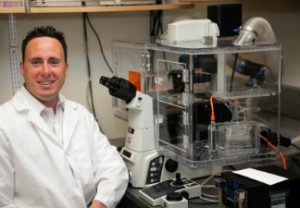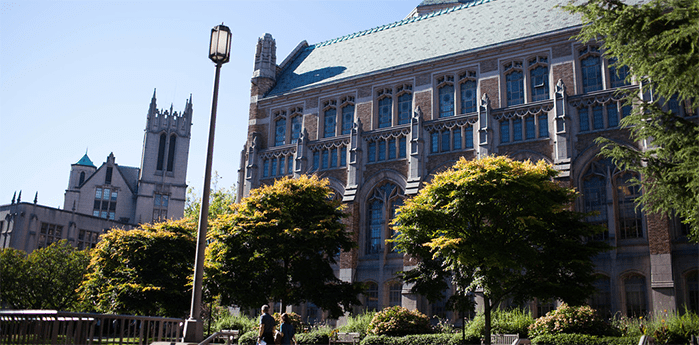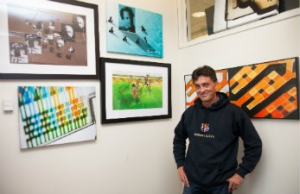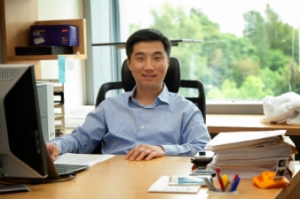Five UW Bioengineering faculty were promoted effective the 2017-18 academic year, demonstrating the department’s strength in diverse areas of research, including disease diagnostics and therapeutics, regenerative medicine and protein engineering.
Promoted to Professor
 Albert Folch
Albert Folch
Professor Albert Folch aims to create the the next generation of microfluidic devices for applications in basic neuroscience research and translational cancer applications. His lab’s long-term mission is to make microdevices that are as easy and intuitive to use as smartphones, and that enable scientists to pursue novel experiments, diagnostics and therapies.
 Xiaohu Gao
Xiaohu Gao
Professor Xiaohu Gao investigates novel nanomaterials, bioassays and other technologies that are interesting, innovative and impactful on biology and medicine. They seek applications for cancer, cardiovascular diseases, infectious diseases and neurological disorders.
 Wendy Thomas
Wendy Thomas
Professor Wendy Thomas is developing new “smart” medical adhesives by using biological adhesive molecules that can be triggered to bind or disassociate. Her lab is also pursuing development of new instruments that enable the study of biophysics of adhesive molecules involved in infection and thrombosis.
Promoted to Associate Professor
 Deok-Ho Kim
Deok-Ho Kim
Associate Professor Deok-Ho Kim explores applications of cell mechanobiology, nanobiotechnology and biomaterials for tissue engineering and regenerative medicine. His lab is developing biomimetic cell culture models and functional tissue engineering constructs for drug screening, stem cell-based therapies, disease diagnostics and medical devices.
Promoted to Research Associate Professor
 Anthony Convertine
Anthony Convertine
Research Associate Professor Anthony Convertine aims to develop powerful new delivery technologies that will enable the development of therapies based on intracellularly active biologic drugs. These treatments have the potential to revolutionize the treatment of serious diseases such as cancer and antibiotic resistant bacterial infections while minimizing harmful side effects.




 Xiaohu Gao
Xiaohu Gao
 Deok-Ho Kim
Deok-Ho Kim Anthony Convertine
Anthony Convertine